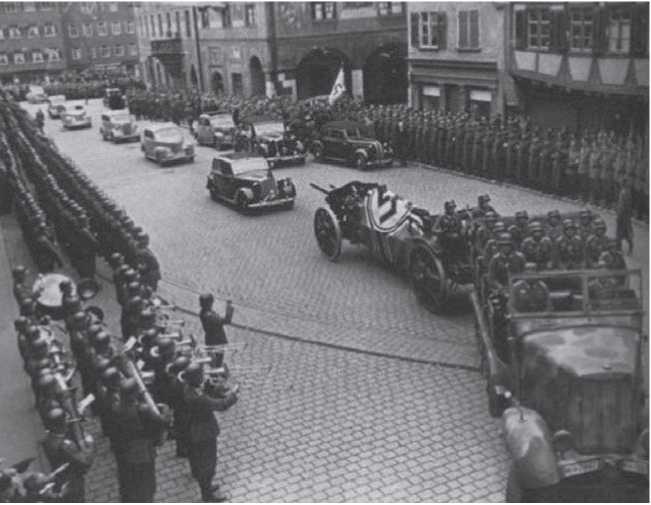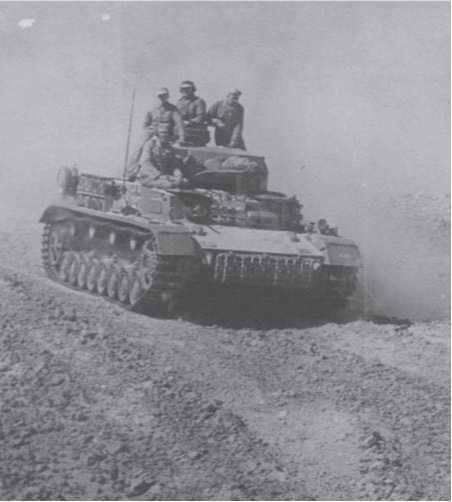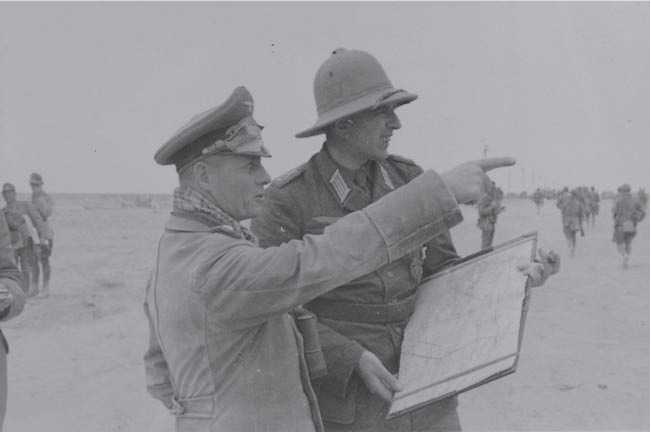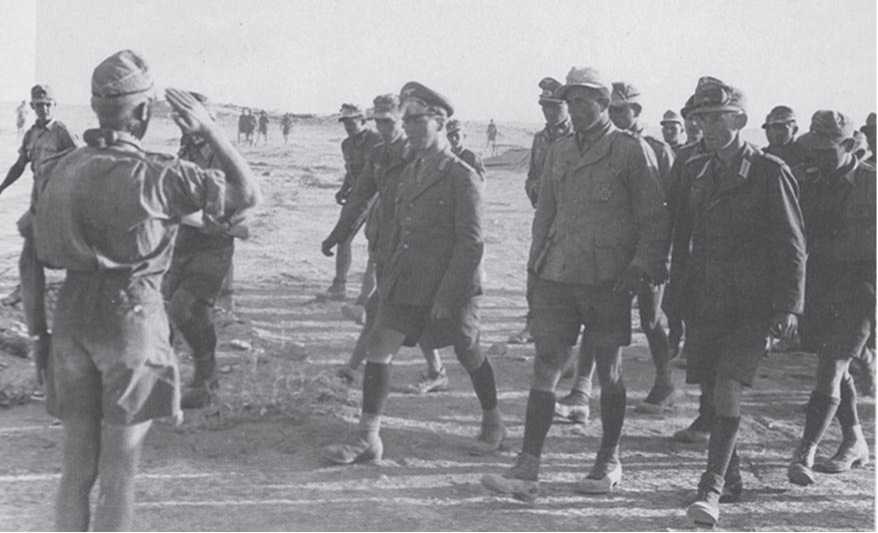Erwin Rommel died on 14 October 1944 by committing suicide with cyanide, which was supplied him on Hitler's order along with a proposal: either take it or face a public trial for his involvement in the 20 July plot to assassinate the Fuhrer. Today the common opinion is that Rommel was aware of the conspiracy, though to what extent it is hard to say, but not involved at all in the plot. The reason why Rommel chose suicide over trial is buried with him.
Rommel, the man and the commander, is somehow harder to understand than his myth. Without any doubt he was a very talented and skilled field commander, one who proved himself on the battlefield in a way that defines the term bravery. He was a gifted commander, with his ability to appreciate the situation and react swiftly, and he was also a very good leader whose soldiers followed and obeyed him. His achievements as a platoon and then battalion commander during World War I are remarkable and there is no
Question that this is what Rommel knew best, and what he really excelled in. As such Rommel perfectly fitted the German command system based on the concept of leading from the front, and the eventual development of the

Following his suicide on 14 October 1944, Rommel was buried four days later with a state ceremony in Ulm, which was attended by Generalfeldmarschall von Rundstedt. (HITM)
Stosstrupp tactics. There is no doubt at all that, should Rommel's career never have been fast-tracked at all, he would have been a first-class field unit commander at battalion and regimental level.
The point is that Rommel's career was fast-tracked, and all of a sudden he was propelled into a completely new dimension, which makes his achievements hard to evaluate. Rommel's experiences as a divisional commander during the campaign in the West in 1940 were just too short to provide a fair showcase of his skills in such a new role. Rommel was bold and brave in a way that was uncommon amongst German Panzer division commanders, he also proved himself innovative and more skilled than other commanders of much greater experience. Yet, a closer examination muddies the picture somewhat.
During the crossing of the Meuse the neighbouring 5. Panzer-Division was to play a decisive role in support of Rommel's own 7. Panzer-Division, which is not always acknowledged. Perhaps most importantly,
Rommel would have been the last to acknowledge the role of others on the battlefield and seemed at times to be playing the game alone. His own genuine capabilities as a field commander would be counterbalanced by an almost complete inability to be part of a broader battle plan. It was hard for Rommel to fit himself into someone else's plans, and he made no secret of it.
In a number of instances, Rommel found himself in tricky situations that arose directly
A hard, unfriendly environment like the Western Desert was hell for the soldier, but in the meantime it was heaven for the fast, mobile kind of warfare Rommel preferred. A PzKpfw IV tank on the move. (Carlo Pecchi)


The 'Desert Fox' at war. How Rommel might have chosen to be remembered: on the battlefield, giving orders to his men. (HITM)
Rommel amongst his soldiers. Taking care of them was a duty for him, as he wrote in his Papers: 'It is sheer nonsense to say that maintenance of the men's morale is the job of the battalion commander alone. The higher the rank, the greater the effect of the example. The men tend to feel no kind of contact with a commander who, they know, is sitting somewhere in headquarters. What they want is what might be termed a physical contact with him' (p. 241). (HITM)
From his own style of command. The troubles 7. Panzer-Division faced at Arras originated from his desire to advance further and faster than others. However, having created these problems his personal intervention on the battlefield also solved most of them.
Rommel's characteristic hallmark was that of leading from the front. It was not uncommon for German generals, even at army corps level, to be with the spearhead units to appreciate first hand the situation on the battlefield, but no one would ever match the level that Rommel achieved. Not only did he lead the spearheads, but he did it as an army commander which, even by German standards, was exceptional. That may not always work, but it certainly contributed to his wartime myth. However, once the North African campaign had finished and he was given other commands matching his rank, he would find himself in positions that did not really suit him. His unschooled and untrained talent and skills worked well in North Africa, but did not in Normandy where Rommel was a a round peg in a square hole.
Why exactly Rommel was chosen for North Africa is not entirely clear. In a way, his inability to cooperate amicably made his relationship with the Italians and German high command very difficult. On the other hand this might have been the very quality that made him the best choice for the job. A more cautious commander, someone concerned about cooperation and careful planning, might have achieved some victories, but would have been hard pressed to match Rommel's spectacular successes in the Western Desert. He certainly made mistakes, and lacked an overall strategic view of the campaign, but on the other hand his skills, toughness and will-power were

Elements that made the difference during the campaign and brought the Axis close to victory. One could argue whether he could or should have won the campaign, but one thing is for sure: Rommel was the 'Desert Fox', the perfect commander for that kind of war.




 World History
World History









